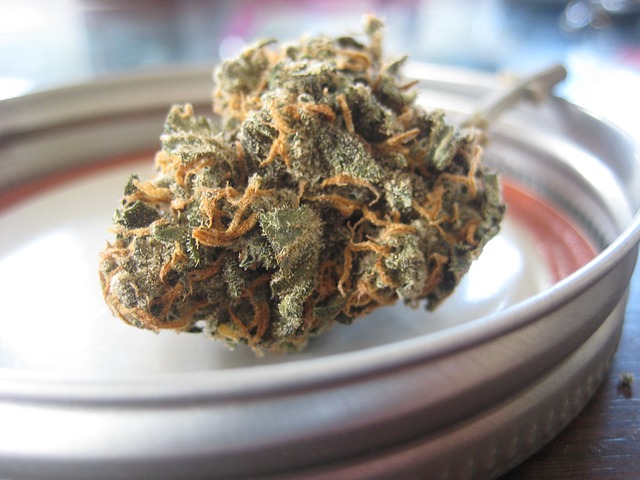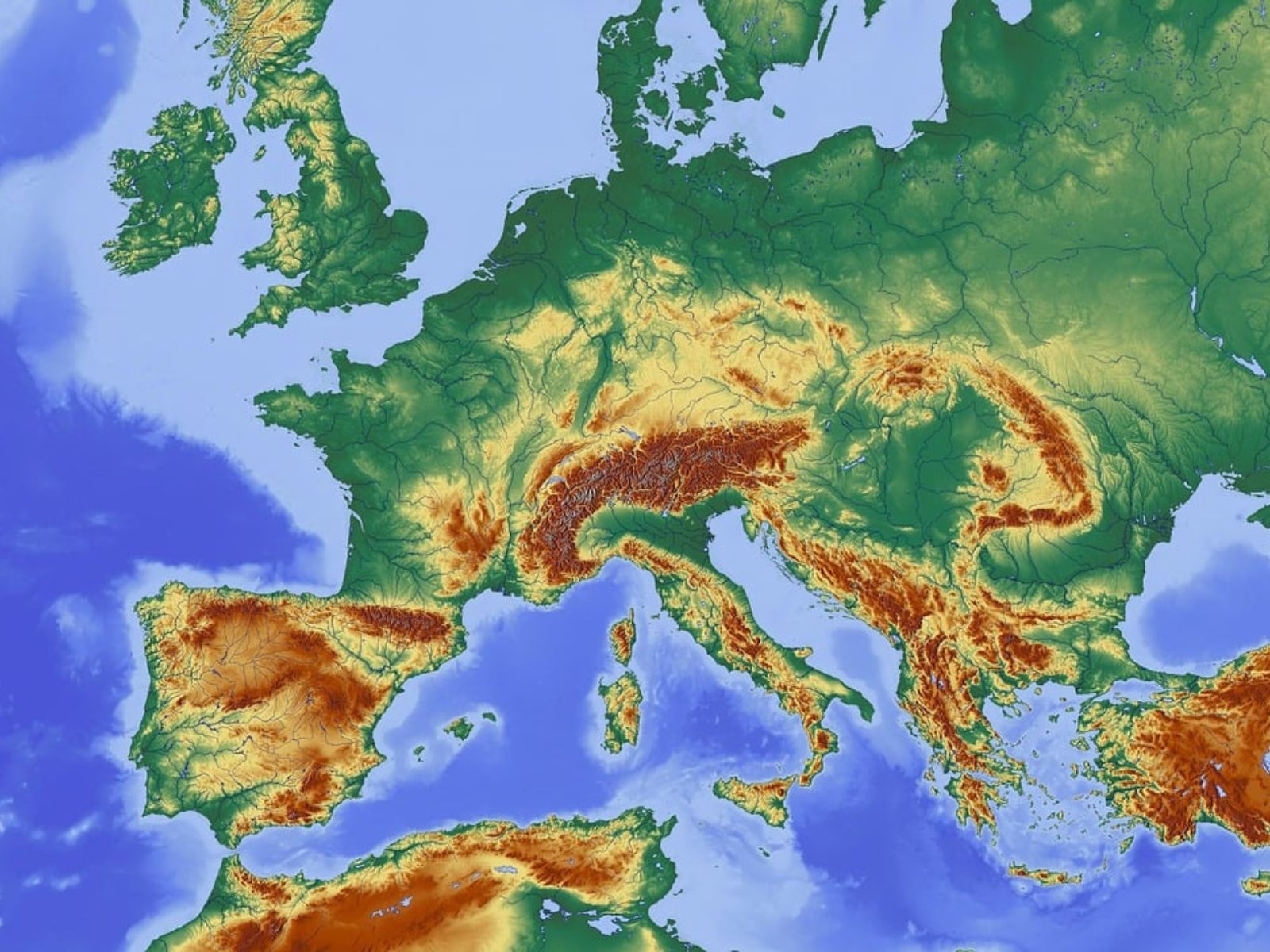
Legal California Cannabis Could Save the Owls (and Help Our Environment)

Legal California Cannabis Could Save the Owls (and Help Our Environment)
When people ask what brought me to cannabis, I harken back to the mid-90s when I was a student at the University of Missouri. I was studying in the College of Agriculture, Food and Natural Resources and my cause at the time was the environment.
I didn’t actually think cannabis should be legal, mostly because I had never really thought about it. I figured the laws were in place for some good reason. Then I met a woman at an outdoor event one day who had a display about industrial hemp. I was floored at its many uses and sustainability as a crop.
Since that time, I have realized there are many nuanced ways in which the drug war contributes to environmental degradation. (For example, have you ever thought about the gas consumption it takes for all the little individual dealers in a town to run 100 miles to the next large city over to get their product instead of consolidated shipping?) The effects of prohibition are varied and profound.
This week, the Independent UK has reported on the results of a new paper published by the journal Avian Conservation and Ecology, which has found levels of rodenticides from illegal cannabis operations in the northern spotted owl, a protected and endangered species. The authors state that 70 percent of northern spotted owls are being exposed to rodenticides, and barred owls are being exposed at a rate of 40 percent.
The pesticides, like the grows, are illegal and dangerous to both humans and animals. In addition to exposure to pesticides, the clandestine operations are being built on the edge of forests, fragmenting habitat and exposing the owls to greater threats from predators.
From the Independent UK:
“‘When you have thousands of unpermitted growers and only a handful of biologists that regulate that for multiple counties, we’re deeply concerned that there aren’t sufficient conservation protective measures in place,’ said Dr Mourad Gabriel, the lead author of the new study and an expert on cannabis contamination issues at the University of California, Davis.
“…Though the impact of rat poison on owls is not well understood, studies have recorded non-lethal effects such as decreased size of chicks and number of eggs being laid, as well as increased mortality following injury.
“The researchers want to use the owls they sampled – all of which were collected dead in the field – to help protect the owls still inhabiting the forests of north-west California.”
Not only is prohibition a failed policy, but it damages an earth we need desperately to protect. This report follows on the heels of other environmental consequences of illegal marijuana operations, such as the toxic waste dumped by illicit growers. In extremely biodiverse areas like California, regulation of cannabis is a vital tool for sustainable ecosystem management. Ending cannabis prohibition can help improve the environment, and our quality of life, in California and around the world.
The California cannabis industry, when done right, provides economic benefits for us and can help the environment. Learn the latest on how you can thrive and survive in this burgeoning industry, and help protect our environment, at the International Cannabis Business Conference in San Francisco this February 1st-2nd. Get your tickets today, before prices go up!
Share article


Share article
Join Our Awesome Community
Join Our Awesome Community
Join Our Awesome
Community
Get all the latest industry news
delivered to your inbox







